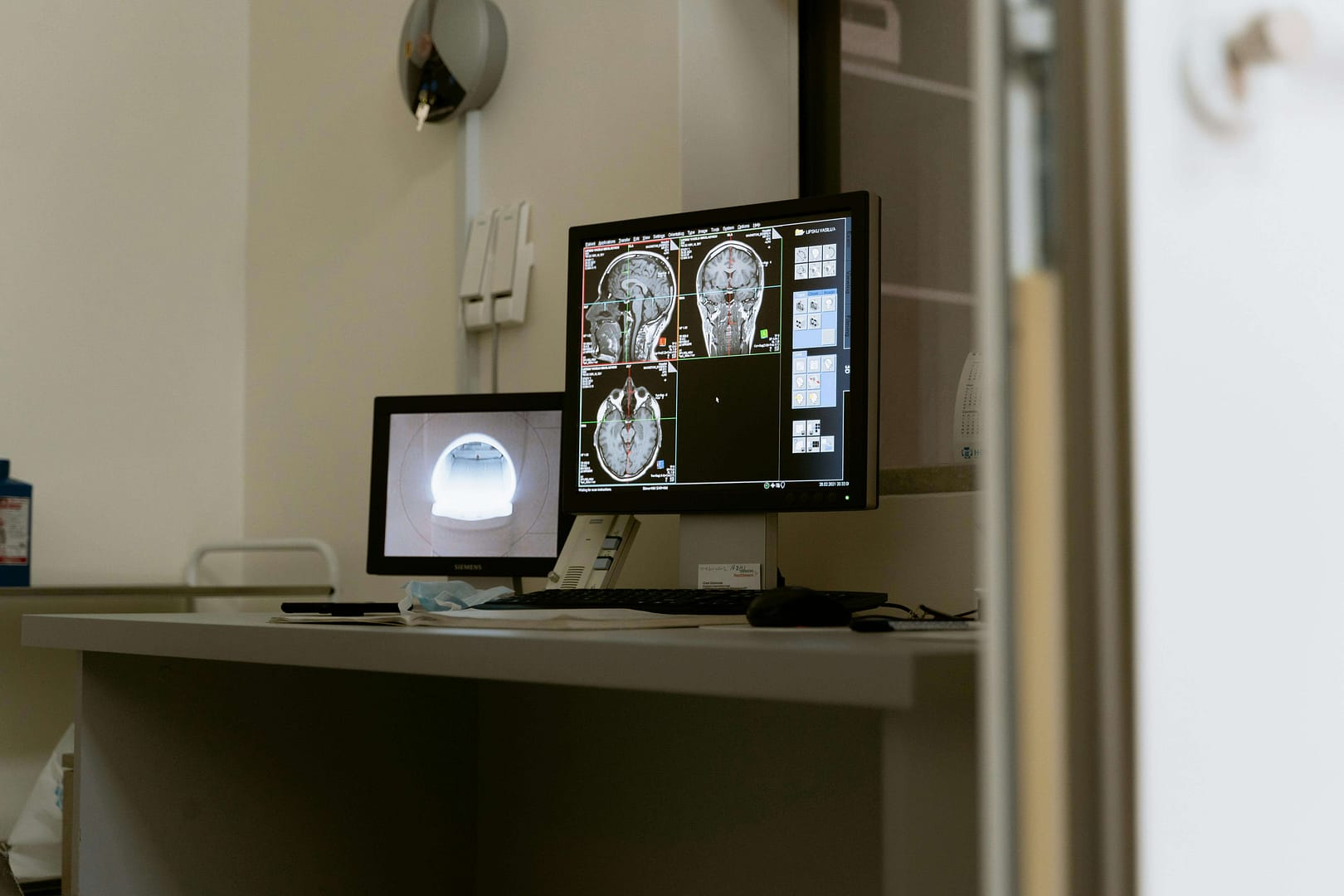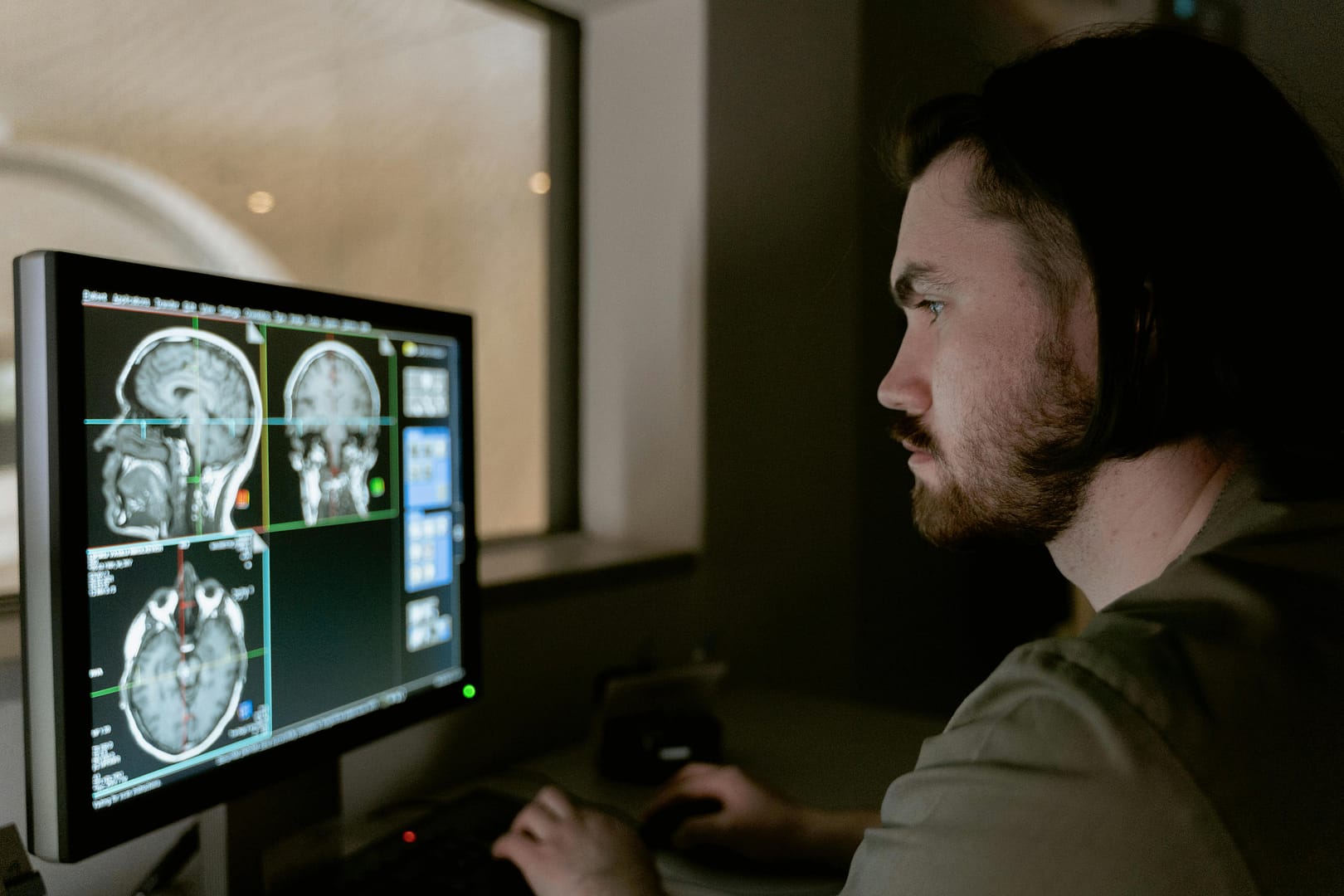Secondary Health Conditions in Brain Injury Patients are a critical aspect of the post-injury journey, often overshadowed by the primary impact of the injury itself. The aftermath of a traumatic brain injury (TBI) can be a complex and challenging path to navigate. From cognitive changes to physical limitations, individuals who have suffered a TBI may face a range of secondary health conditions that significantly affect their quality of life. In this article, we’ll explore what secondary health conditions in brain injury patients are, the conditions associated with brain damage, and the impact these conditions can have on individuals.
What Are the Secondary Conditions of TBI?
Secondary health conditions in brain injury patients refer to the medical, psychological, or social issues that may arise as a result of a traumatic brain injury. These conditions can be wide-ranging and diverse, and they often manifest in the days, weeks, or even years following the initial injury. While the primary impact of a TBI is the immediate trauma to the brain, secondary conditions can have long-term consequences that greatly affect the lives of those who have experienced a TBI.
Receive a Call About Your Claim
Cognitive Impairments
One of the most common secondary health conditions associated with brain injury is cognitive impairment. The brain plays a central role in our ability to think, remember, and make decisions. When it sustains damage, these functions may become compromised. Cognitive impairments can manifest as difficulties with memory, attention, problem-solving, and language skills. Everyday tasks, such as following a recipe or managing finances, can become challenging or impossible for some TBI survivors.
Emotional and Psychological Issues
Emotional and psychological issues are also prevalent secondary conditions in brain injury patients. A TBI can disrupt the brain’s emotional regulation, leading to mood swings, depression, anxiety, and even more severe mental health conditions. These emotional changes can be distressing not only for the individual but also for their loved ones as they adapt to the altered personality and behaviour of the injured person.
Physical Impairments
Physical impairments are another set of secondary health conditions that can result from brain injury. These may include muscle weakness, paralysis, difficulties with balance and coordination, and sensory disturbances. Depending on the severity of the injury, an individual may need ongoing physical therapy, assistive devices, or mobility aids to regain or maintain their independence.
Pain and Headaches
Chronic pain and persistent headaches are not uncommon among TBI survivors. The exact cause of post-TBI pain can be multifaceted, but it often relates to muscle tension, nerve damage, or changes in the brain’s pain processing centres. Managing these secondary conditions can be challenging and may require a combination of pain management strategies, physical therapy, and medications.
Sensory Impairments
Sensory impairments may include changes in vision, hearing, or sensitivity to touch. Damage to the sensory processing areas of the brain can lead to problems such as blurred vision, hearing loss, or an increased sensitivity to light and sound. These sensory changes can further complicate an individual’s ability to interact with the environment and those around them.
Sleep Disturbances
Sleep disturbances are a significant concern for many TBI survivors. Changes in sleep patterns, such as insomnia or excessive daytime sleepiness, can significantly impact daily functioning. Poor sleep quality can exacerbate other secondary health conditions, making it crucial to address sleep issues in the rehabilitation process.
Seizures
Seizures are a potential complication following a traumatic brain injury. The risk of seizures varies depending on the severity and location of the injury. Seizures can be a particularly concerning secondary condition, as they can disrupt daily life and require ongoing medical management.
What Conditions Are Associated with Brain Damage?
To understand secondary health conditions in brain injury patients, it’s essential to explore the wide array of conditions that can be associated with brain damage. Brain injuries can occur in various ways, such as through accidents, falls, or even medical conditions like strokes. The specific conditions linked to brain damage can vary based on the type, location, and severity of the injury. Below, we’ll examine some of the primary conditions associated with brain damage.
1. Traumatic Brain Injury (TBI)
A traumatic brain injury (TBI) is one of the most well-known conditions associated with brain damage. TBIs are typically the result of a direct blow or jolt to the head, leading to brain dysfunction. These injuries can range from mild concussions to severe, life-threatening brain damage.
2. Stroke
Stroke is another common condition associated with brain damage. A stroke occurs when the blood supply to the brain is disrupted, either due to a blood clot (ischemic stroke) or bleeding (hemorrhagic stroke). This interruption of blood flow deprives brain cells of oxygen, leading to tissue damage.
3. Brain Tumours
Brain tumours are growths in the brain that can damage surrounding tissue and impair normal brain function. Depending on the tumour’s location and size, individuals may experience a wide range of symptoms, including headaches, changes in vision, and cognitive impairments.
4. Infections
Infections can affect the brain and lead to brain damage if left untreated. Conditions such as meningitis and encephalitis can result from bacterial or viral infections, causing inflammation of the brain and potentially causing lasting damage.
5. Neurodegenerative Diseases
Neurodegenerative diseases, like Alzheimer’s and Parkinson’s disease, are progressive conditions that result in the degeneration of brain cells over time. These conditions can lead to cognitive decline, memory loss, and motor dysfunction.
6. Anoxia and Hypoxia
Both anoxia and hypoxia disrupt the brain’s vital oxygen supply, leading to potential damage. Anoxia represents a complete cutoff, while hypoxia describes reduced oxygen levels. Cardiac arrest and respiratory failure are just a few culprits behind these oxygen deficiencies.
7. Encephalopathy
Encephalopathy refers to a broad range of brain disorders that affect brain function. These conditions can be caused by various factors, including infections, toxins, or metabolic imbalances.
8. Cerebral Palsy
Cerebral palsy is a neurological disorder that affects muscle coordination and body movement. It typically develops during early childhood due to brain damage or abnormal brain development.
9. Hydrocephalus
Excess cerebrospinal fluid accumulates in the brain in a condition called hydrocephalus, potentially causing increased pressure and brain damage. This condition can be present at birth (congenital) or develop later in life (acquired).
10. Chronic Traumatic Encephalopathy (CTE)
CTE is a neurodegenerative condition associated with repetitive head trauma, often seen in contact sports and military service. It can result in mood changes, cognitive impairment, and motor difficulties.

The Impact of Secondary Health Conditions
Secondary health conditions in brain injury patients can significantly impact their lives, making daily activities challenging and often necessitating ongoing medical care and support. These conditions affect not only the injured individuals but also their families and caregivers. It’s essential to recognize the challenges posed by these conditions and the importance of comprehensive care and rehabilitation.
Addressing these secondary conditions often requires a multidisciplinary approach involving healthcare professionals, therapists, and support networks. The goal is to help individuals with brain injuries regain independence and improve their overall quality of life.
Making a Serious Injury Claim with National Claims
At National Claims, we understand that dealing with the aftermath of a traumatic brain injury can be overwhelming. We are committed to providing support and guidance to individuals who have experienced a TBI and are seeking compensation for their injuries. Our experienced team will connect you with legal professionals who will assist you in every step of the way throughout the claims process.
Assessing Your Case
When you contact National Claims, our first step is to assess the details of your case. We will review the circumstances of your injury and its impact on your life. This initial assessment helps us determine the validity of your claim and the potential for compensation.
Gathering Evidence
To build a strong case, we work with you to gather all the necessary evidence. This may include medical records, witness statements, and expert opinions on the extent of your injuries and their long-term effects. We leave no stone unturned to ensure your case is well-documented and substantiated.
Conclusion
In conclusion, secondary health conditions in brain injury patients encompass a wide range of issues that can arise following a traumatic brain injury. These conditions, which include cognitive impairments, emotional and psychological issues, physical impairments, pain, sensory impairments, sleep disturbances, seizures, and more, can have a profound impact on the lives of those affected. Understanding these conditions and their associations with brain damage is crucial for providing appropriate care and support to individuals on their journey to recovery.
Rehabilitation and treatment strategies are continually evolving, and it’s essential to remain informed about the latest advancements in the field. By doing so, we can improve the lives of individuals who have experienced brain injuries and offer them a brighter future, filled with hope and possibilities. If you or a loved one have experienced a traumatic brain injury and are seeking compensation, National Claims is here to provide the support to navigate this challenging journey. Your well-being and future are our top priorities, and we are committed to helping you move forward with confidence.
Contact us today and speak to one of our claims agents who will help you get started with your claim.
Click below to see why we are one of the most trusted claims management companies in the UK.

We’re proud of our excellent customer reviews
We thrive on delivering exceptional service and ensuring our clients’ satisfaction. Don’t just take our word for it. Check out some of our independent reviews to see what our clients have to say.
Excellent

This firm is excellent, they sorted out my car pay out and injury claim very fast, they always communicate with you all the time.

My accident case was dealt with confidence and with great result of the outcome, especially James kept me informed all the time.

I was very impressed at the way my inquiry was treated. I was listened to attentively and everything I needed to know was explained to me.






